Voicing the top/back is largely about tapping the braces plates at key nodal locations and listening for pitches and relationships. From there braces are shaved back to allow for more flexibility where necessary.
I’ll admit that this is were the majority of the magic happens to separate an amazing guitar from a good guitar. Unfortunately, it’s almost entirely subjective and every piece of wood is different, so writing up a guide would prove challenging.
It you’d like to know more, Dana Bourgeois has some good videos on YouTube sort of highlighting his process.

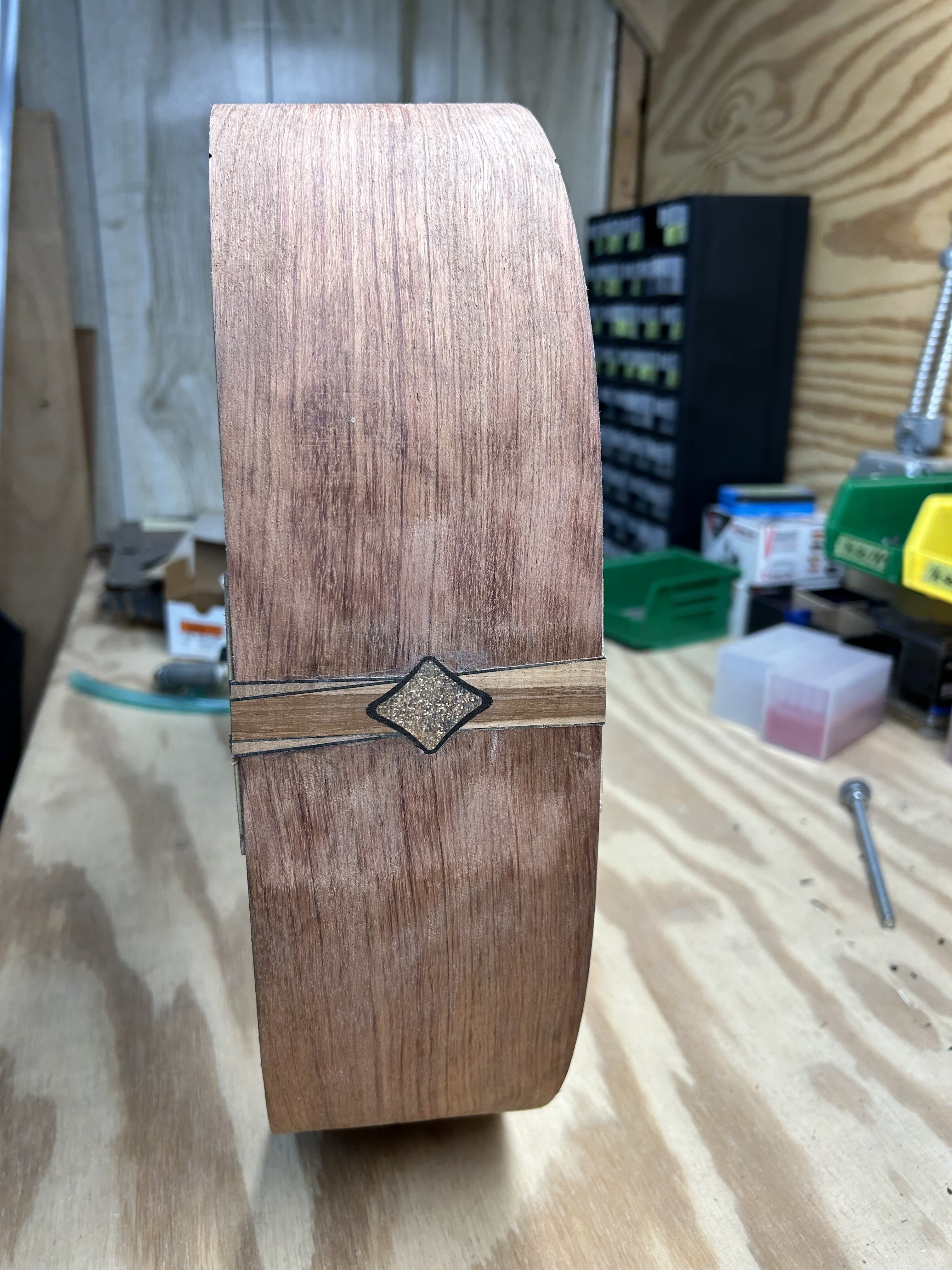

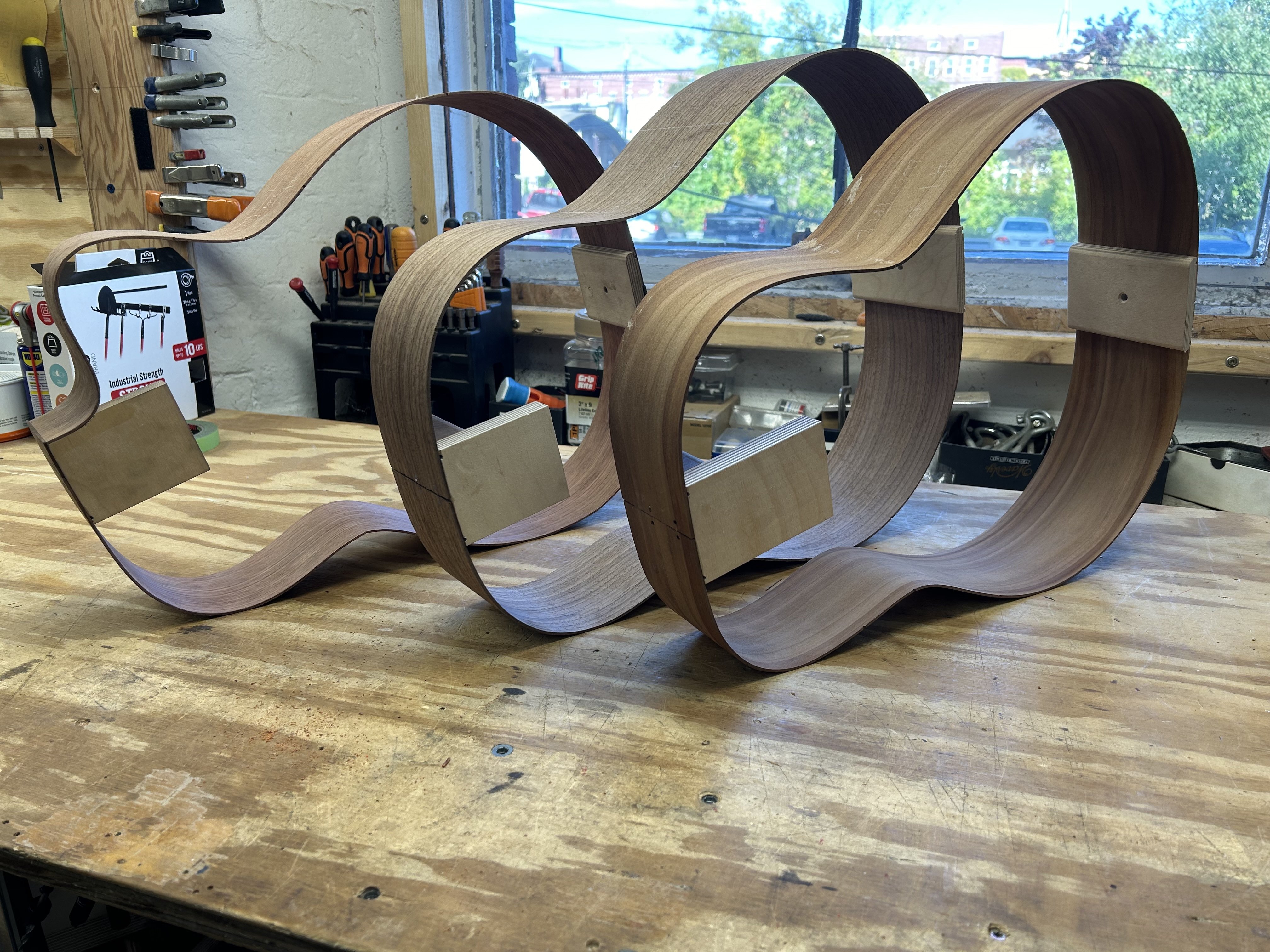
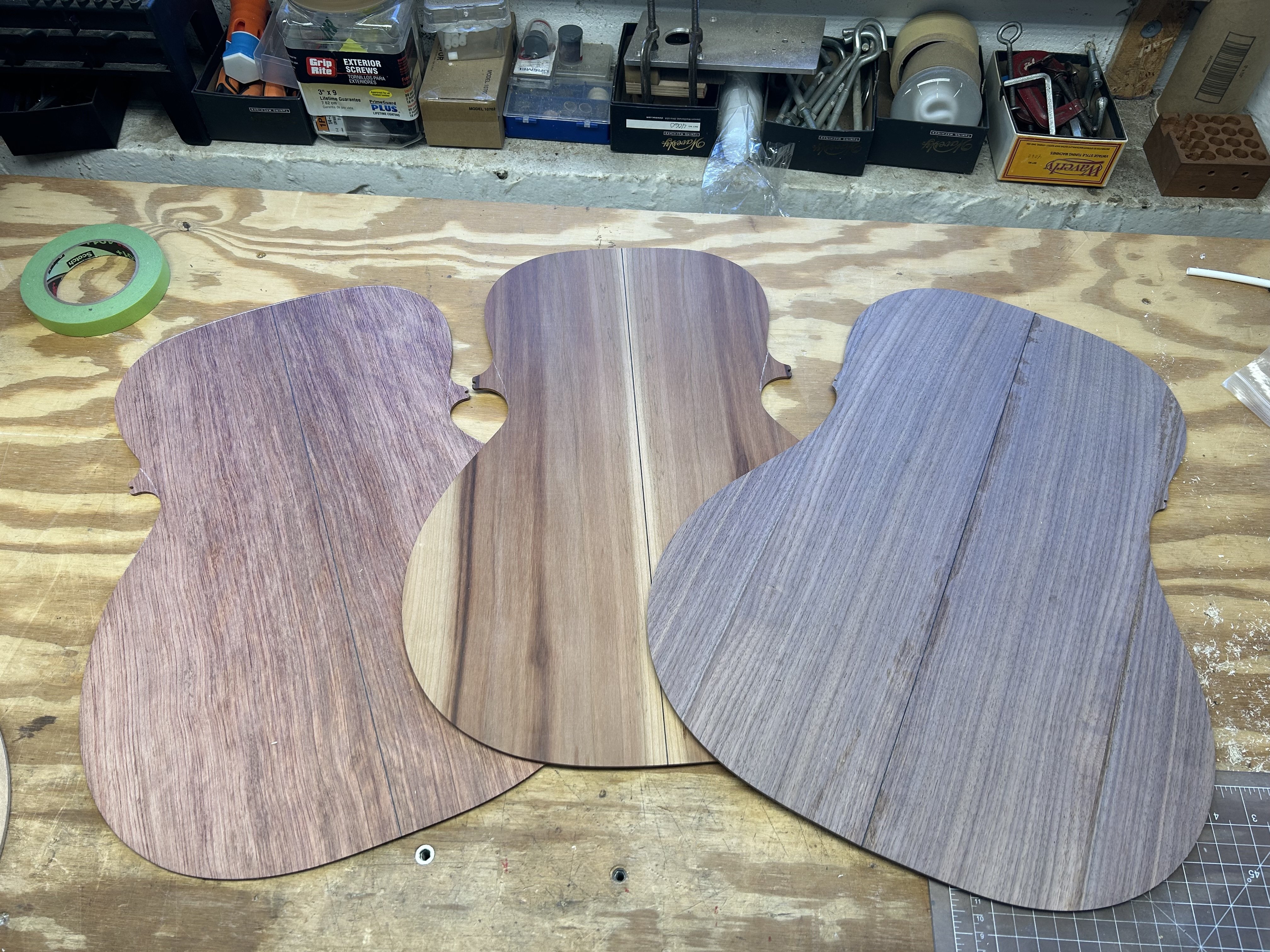
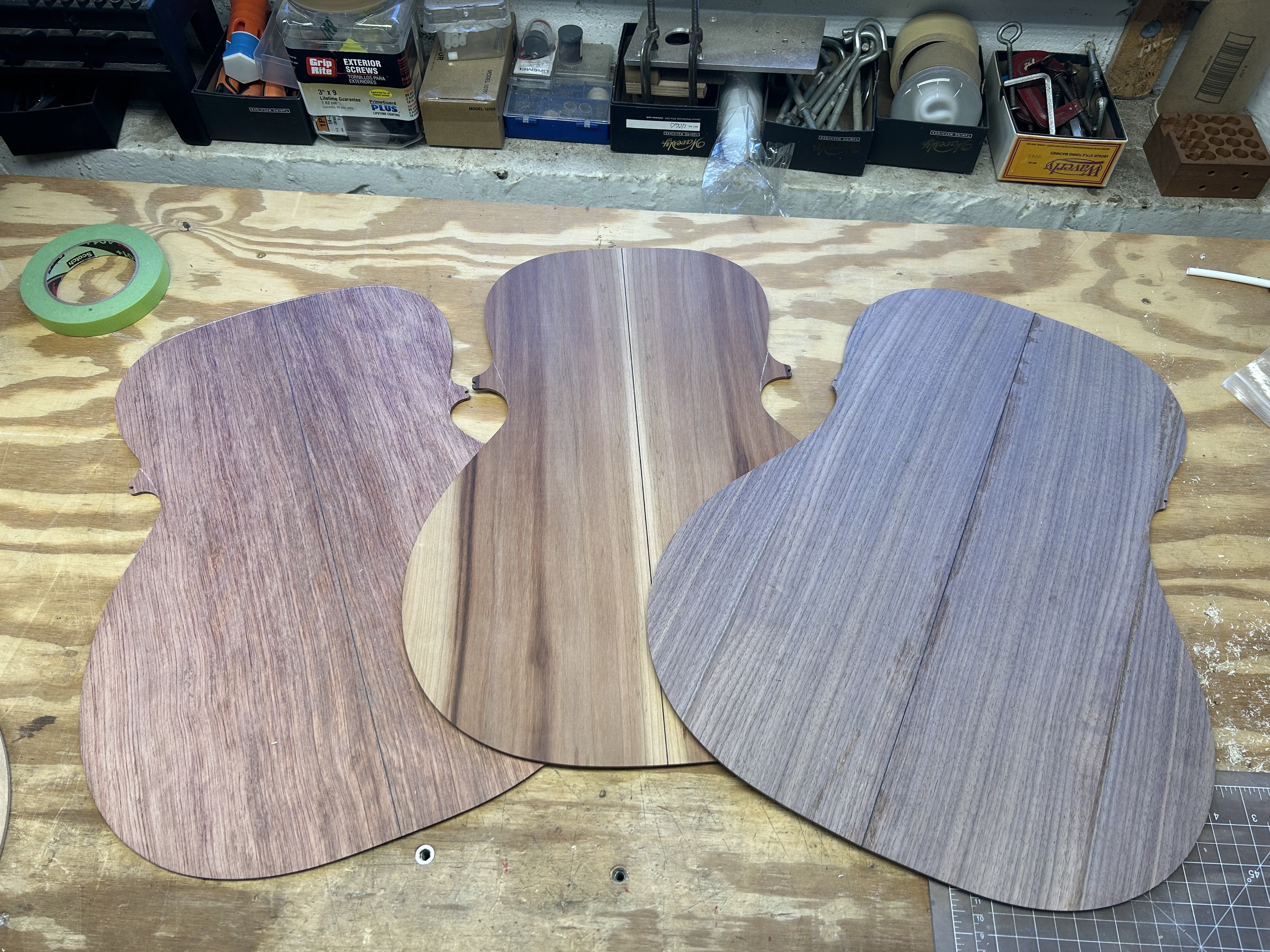
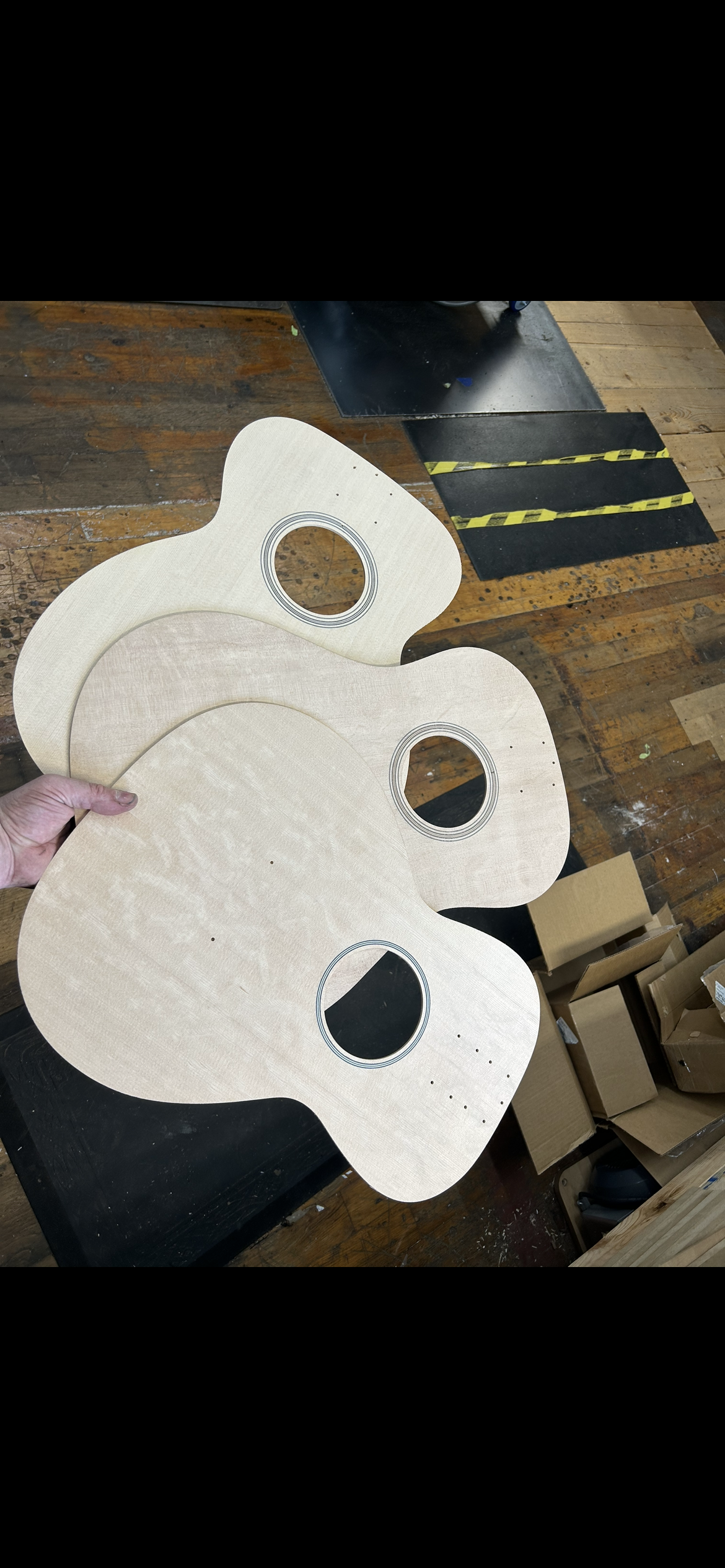
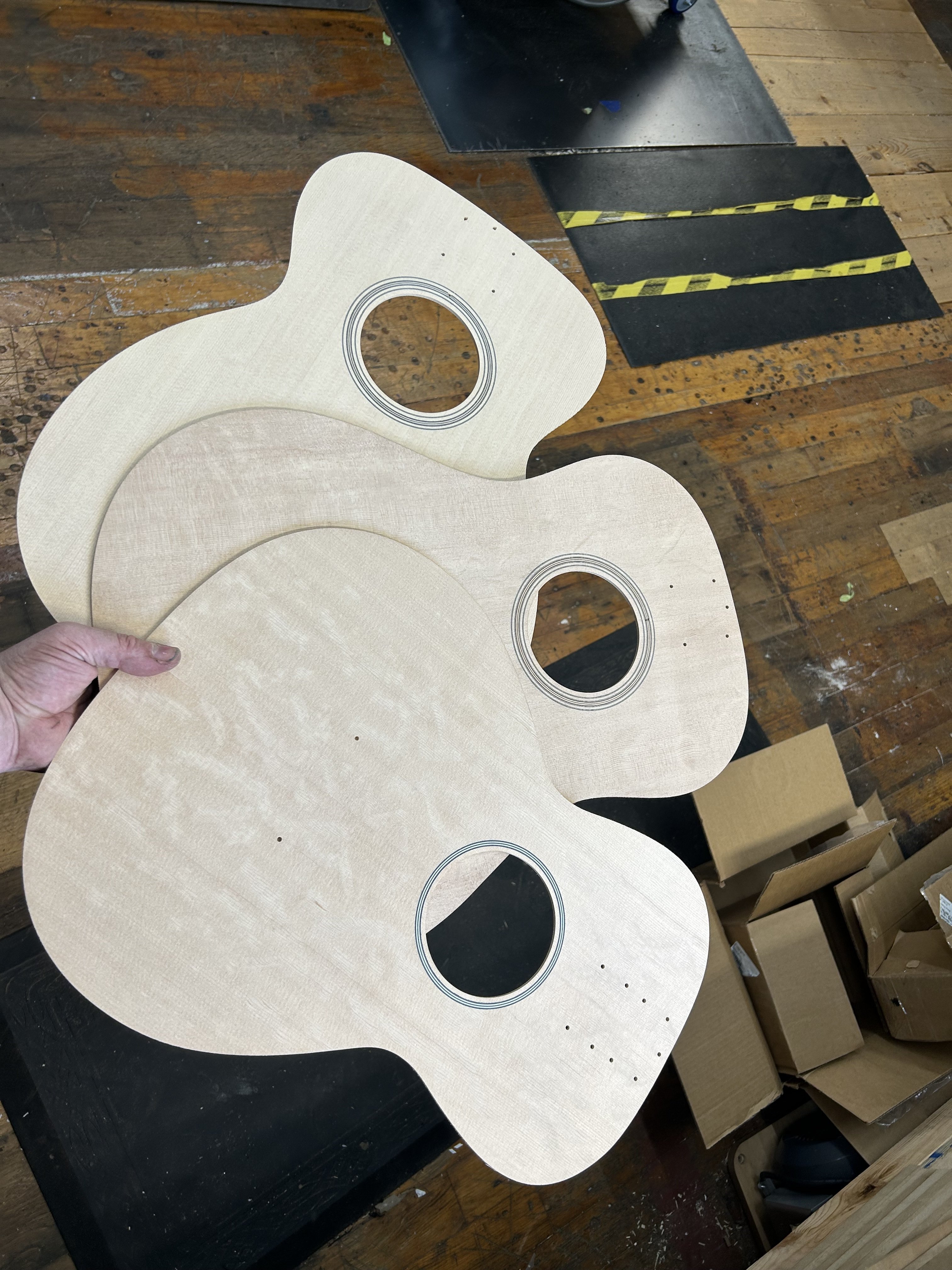
My pleasure! I’m lucky to work in a field that I am passionate about, so anytime I can share the passion and possibly start someone on their own journey, I jump at it.